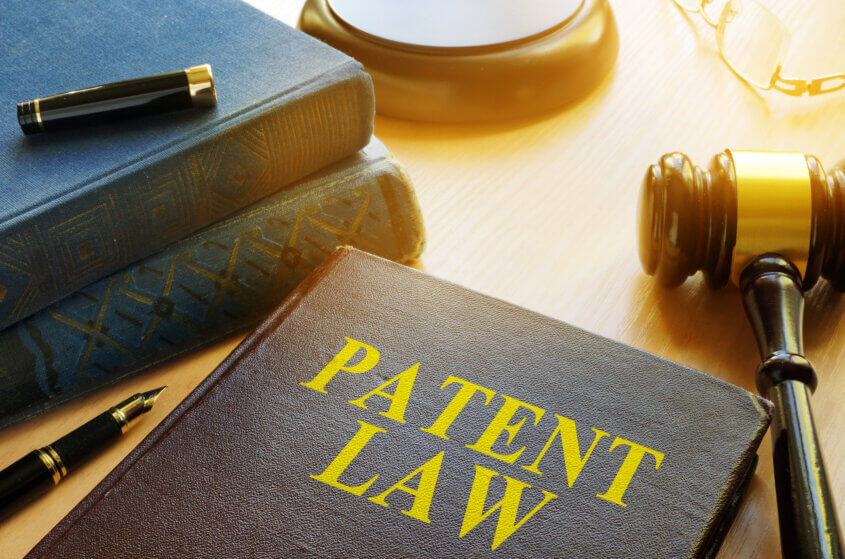IL Patent Update: Sanctions for misleading representations can target Patentee’s profits
The Supreme Court of Israel held by a majority opinion of an expanded panel that a patentee who willfully provided misleading information to the ILPTO or concealed pertinent information may be liable for restitution of profits derived from delayed generic entry.
The judgment results from complex litigation which started more than fifteen years ago and involves numerous theoretical legal disputes peculiar to Israeli jurisprudence. The key practical guidelines can, however, be summarized as follows:
- A generic company can invoke an ‘unjust enrichment’ cause of action to claim restitution of profits derived by a patentee as a result of submitting misleading information to the ILPTO.
- The cause of action can be invoked only if the patentee willfully misled the ILPTO (negligent representations are insufficient) and if causal connection can be established between the patentee’s conduct and delayed generic entry.
- Although misleading or concealed information must be ‘significant’, a “but-for” materiality (the US Therasense standard) is not required.
- Importantly (and this is the key peculiarity of the judgment), liability can be imposed even if the patent was not asserted and even if it was eventually not registered. In this particular case, the patentee eventually withdrew the patent application after it had been opposed. However, the Supreme Court held that by providing misleading information, the patentee artificially extended the period in which the patent application was pending and consequently deterred launch by generics which were seeking certainty whether the ground is clear prior to launch.
The judgment (Rehearing 5679/21 delivered on December 26th, 2023) is long and complex and it is yet to be seen whether it will incentivize generics to pursue similar claims in cases of alleged misleading representations to the ILPTO. The key takeaways are that the threshold for establishing actionable misrepresentation under Israeli law is more flexible than the US Therasense standards and exposure may be significant as it can also target the patentee’s profits. It is therefore imperative to critically review from a litigation perspective all communications with the ILPTO during prosecution to ascertain they do not give rise to liability.
This update article is provided for general information only and is not in lieu of legal advice. Please contact us directly for any required advice on specific matters.
